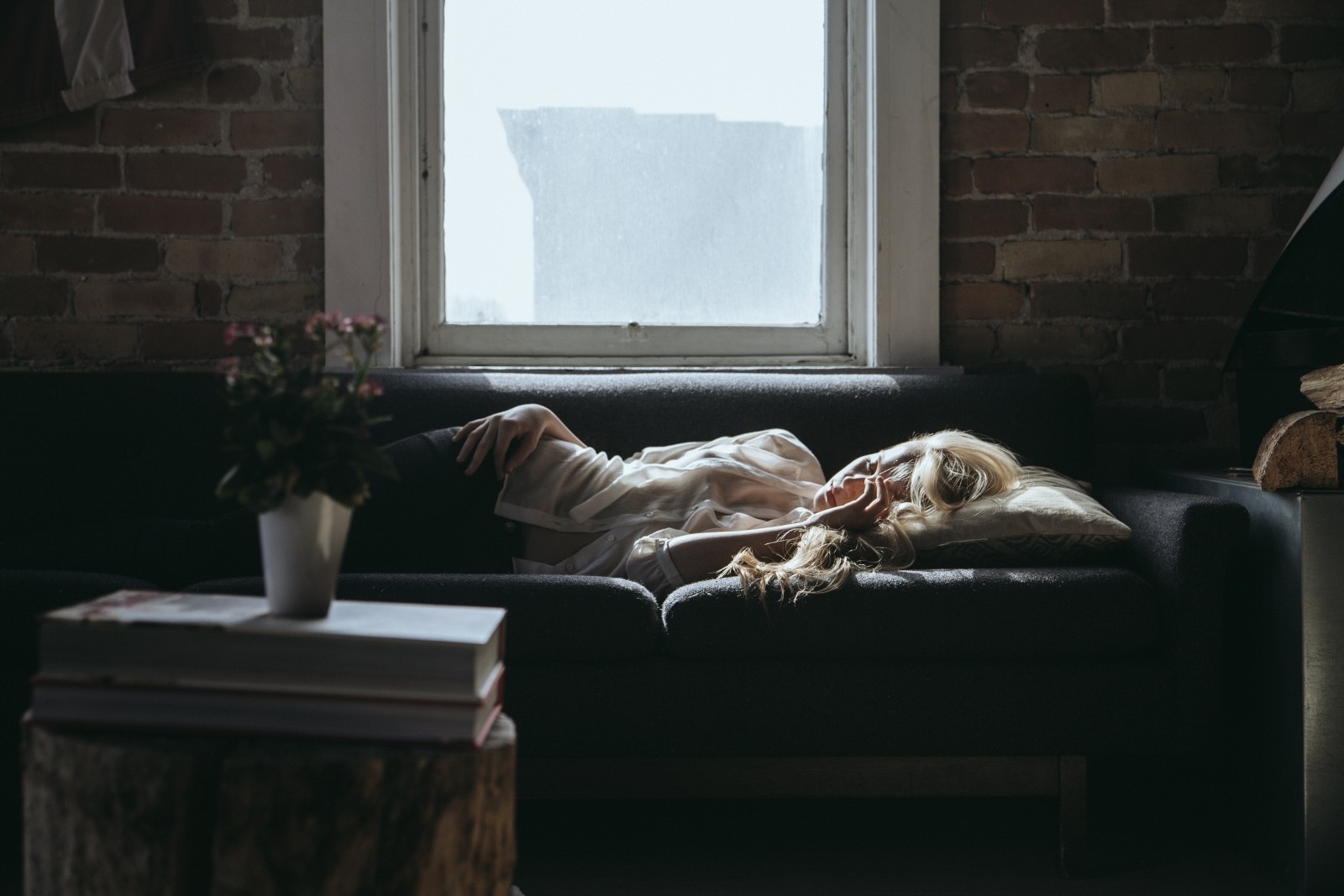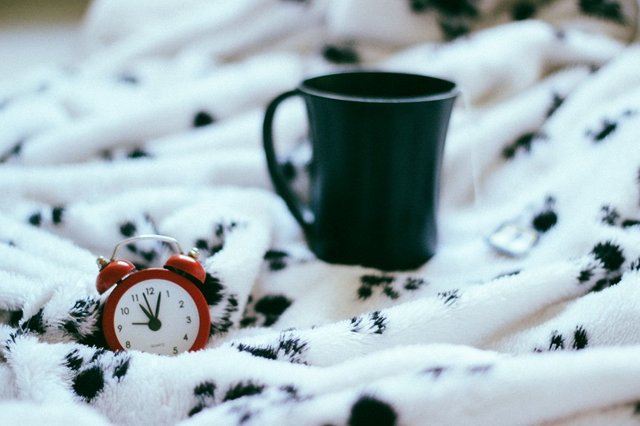Weight Loss for a Sexy Body: Backed by Nature and Science - PART 2 SLEEP

There is a lot more to the benefits of sleep than most of us are aware of. Let's look at how optimizing sleep can make us even sexier!
VIDEO VERSION
ARTICLE VERSION
If you missed out on my first article that introduces the idea of optimizing our ratios as a way of becoming sexier, you can read it here PART 1: DIET.

Golden Ratio for Health
As I have found in my own experience, the golden ratio of optimal health can be translated to roughly 60:30:10, where 60% emphasis is given to our diet, 30% to sleep (or rest), and 10% to exercise. Of course this is just a rough guide, however, I find it a better reflection of optimal health as opposed to the traditionally cited 80:20, where 80% emphasis is on diet, and 20% on exercise, neglecting sleep completely.

Why Sleep is important for an Optimal Sexy Ratio?
We all know that sleep is essential to our health and wellbeing, however, how does it contribute to optimizing your so called “sexy ratio”, in other words, how does it help me to lose fat and build muscle?
It comes down to essentially 3 ingredients or factors to optimizing your sexy ratio
• Hormones
• Willpower and Decision Making
• Growth and Repair: HGH and Protein Synthesis
HORMONES
Ghrelin and Leptin
Think of these two hormones as hero and villain. These two are in a perpetual battle with one another in your body, trying to control your appetite.
Ghrelin is the “hunger hormone”. Its primary job is to signal to the brain to eat. Leptin on the other hand, is the “satiety hormone”. Its primary job is to tell the brain when to stop eating.
When you are sleep deprived your body manufactures more ghrelin and less leptin, which means you have a greater tendency to eat more and hence gain weight.
Cortisol
The “stress hormone” which we are all familiar with, you know, the hormone that makes you cranky and restless – generally a mess. Just like ghrelin, its job is to make you plump and fat by signalling to your body to conserve energy. Cortisol also increases appetite and increase insulin levels.
Insulin
You can think of insulin as the “storage hormone”. Studies conducted by the University of Chicago showed that insulin sensitivity dropped by more than 30% in sleep deprived subjects. Decreased insulin sensitivity results in more insulin being produced, which in turn increase fat storage.
WILLPOWER
Studies have found a reduced activation in the ventromedial prefrontal cortex – the part of the brain that controls inhibition, basically willpower. Similarly, Columbia University found increased activation in the insular cortex, the part of the brain that regulates pleasure seeking behaviors, i.e. indulging on high caloric foods.
Other studies have also shown a greater tendency for sleep deprived subjects to increase portion sizes in an attempt to feed their appetite.
Ultimately, with sleep deprivation, your self-control becomes impaired, whilst the reward center is kicked into overdrive leaving you more likely to seeking high-carbohydrate foods, i.e. junk food and hence gain weight.
GROWTH AND REPAIR
Research has shown that sleep-deprived subjects experienced impaired levels of HGH (Human Growth Hormone), the primary hormone responsible for anti-aging, fat burning and recovery.
Another study also revealed that sleep deprived subjects experienced a 20% reduction in metabolism compared to those that had adequate sleep.
Together, it essentially means that you are less likely to build muscles whilst putting on more fat.

Optimizing Sleep
There are many other mechanisms that become impaired from sleep deprivation, however, these are convincing enough to start a regime that involves improving the amount of sleep you get. Now, duration is not an accurate indication of optimal rest. Instead, it’s all about quality of sleep that focuses on maximizing deep sleep and REM, the stages of sleep where your body starts to repair and replenish itself. A simple way of gauging whether or not you have sufficient quality sleep is whether or not you feel refreshed or invigorated after waking up.
Now this raises the question of how to maximize the quality of sleep. Here are 3 simple and powerful ways to increase the quality of sleep you get.

Reduce Blue-light Exposure
As some of you may know, light exists in a spectrum, ranging from long wave red light to short wave blue light. Without getting to technical, just know that short wave blue light is more “energetic” meaning it has a stimulating property.
The problem with blue-light is exposure prior to sleep, whereby blue-light has the ability to disrupt our body’s natural circadian rhythms (sleep patterns) by “switching” off melatonin production (the sleep hormone). You see, blue-light essentially mimics day light, so your body think it is day time and hence it gets confused to sleep or to wake up. Now, with the proliferation of blue-light emitting technology such as mobile phones and laptops, our natural sleep patterns become disrupted and impaired.
The solution is to simply avoid these blue-light technologies (to the best of your ability). For instance, most smart phones nowadays have a blue-light filter function. There are programs such as Flux that can be installed onto your computer to automatically turn on blue-light filters at certain times.
The less blue-light exposure in the hours prior to your sleep, the better your sleep quality.

Create a Regular Sleep Routine
A lot of time our sleep routines can be disrupted by factors such as shift work or having deadlines, as a result our sleep becomes disrupted as well.
One of the best ways to maximize sleep quality is to have a regular sleep routine. By sleeping and waking at regular times, you essentially teach your body how and when to sleep. After all, your body loves habits, what better way to build a healthy habit than to have a regular sleep routine.
One simple way of establishing a regular sleep routine is to set an alarm to sleep rather than just to wake up. Even if this alarm becomes a reminder to start winding down, it’s a great way to build a habit.
You will find that over time your body will adjust to this rhythm or schedule you gave it.
As a tip, your sleep routine can have a winding down ritual, which means slowing yourself down by disconnecting from stimulating activities such as consuming caffeine, doing work or exercise. Examples of this might be to take a warm bath, reading a book, meditating etc.

Create a Sleep Conducive Environment
This involves making your sleeping environment, i.e. your bedroom, as comfortable and conducive to sleep as possible. Light and noise can be highly disruptive to your sleep and stop you from maximizing the beneficial deep sleep you need.
The strategy here is to remove all light and noise that could potentially disrupt your sleep. So for example, this might involve wearing ear plugs and an eye mask, or by having blackout curtains that make your room pitch dark. Other strategies are having a comfortable mattress, setting a comfortable temperature (21 degrees Celsius or 70 degrees Fahrenheit) or even using a foam pillow. The general idea here is to make it as comfortable and relaxing as possible.
In the end, we all know that sleep is essential for better health and wellbeing, just by realizing that it can affect our body composition in direct and indirect ways, we can start to adopt strategies to optimize our quality sleep and hence our "sexy ratios".
In the last article, we will look at how we can use exercise to obtain some sexy results.
Peace~
REFERENCES
Sleep and Fat Loss: http://www.uchospitals.edu/news/2015/20150219-sleep.html
Sleep and Weight Loss: https://authoritynutrition.com/sleep-and-weight-loss/
Sleep and Appetite: https://www.ncbi.nlm.nih.gov/pubmed/26612385
Sleep and Willpower: https://www.ncbi.nlm.nih.gov/pubmed/16880772
Ghrelin and Leptin: http://www.webmd.com/diet/sleep-and-weight-loss
Getting Quality Sleep: https://www.myessentia.com/blog/are-you-in-the-rem/
Sleep Deprivation and Metabolism: https://www.ncbi.nlm.nih.gov/pubmed/21471283
IMAGE SOURCES
Pixabay.com
Freerangestock.com
Pexels.com
Photo credit: MAZZALIARMADI.IT via Visual hunt / CC BY-NC-SA